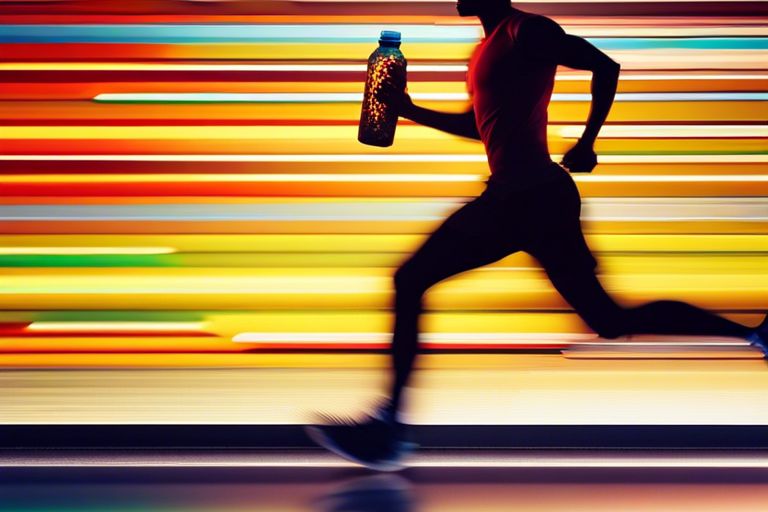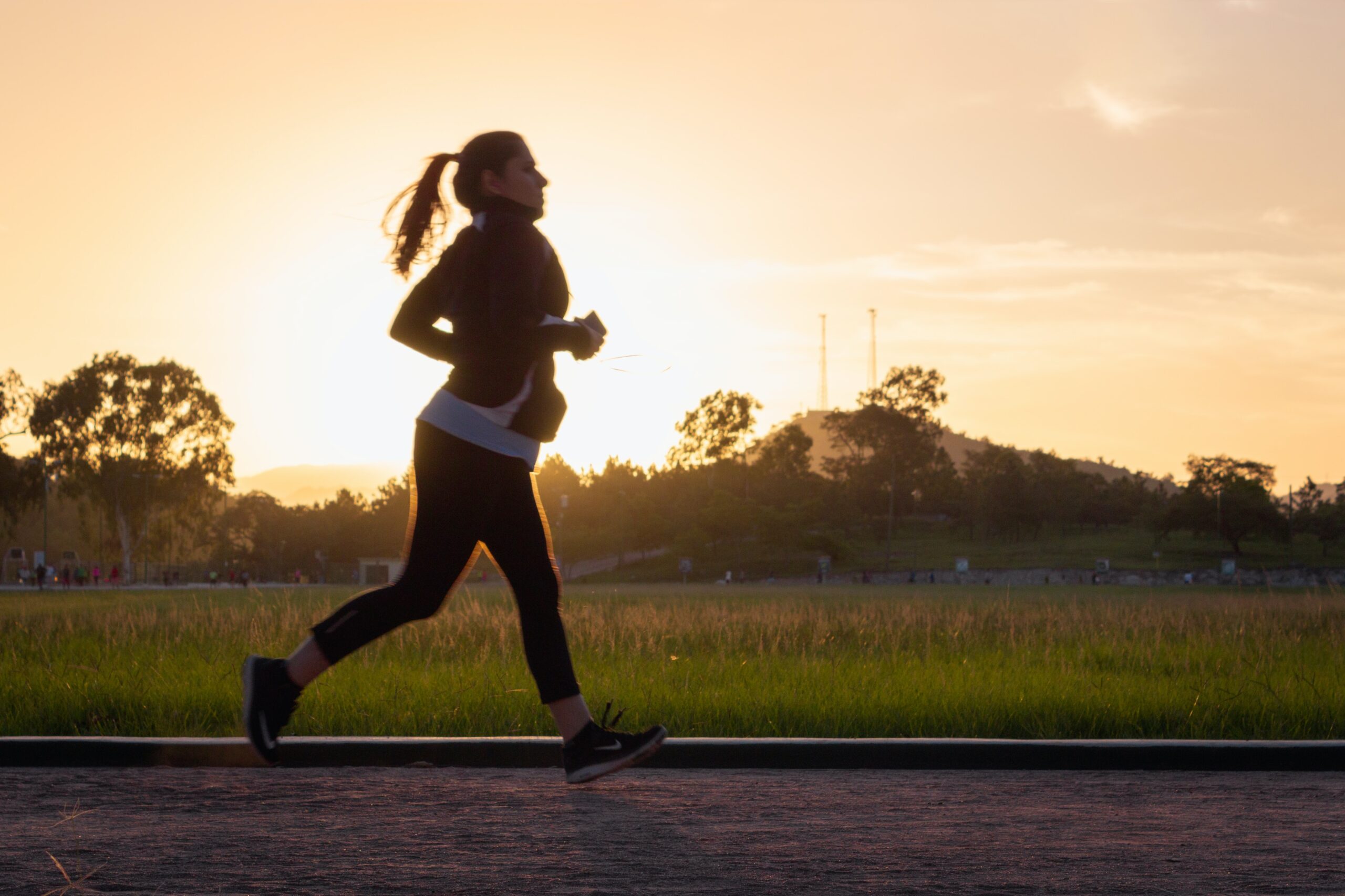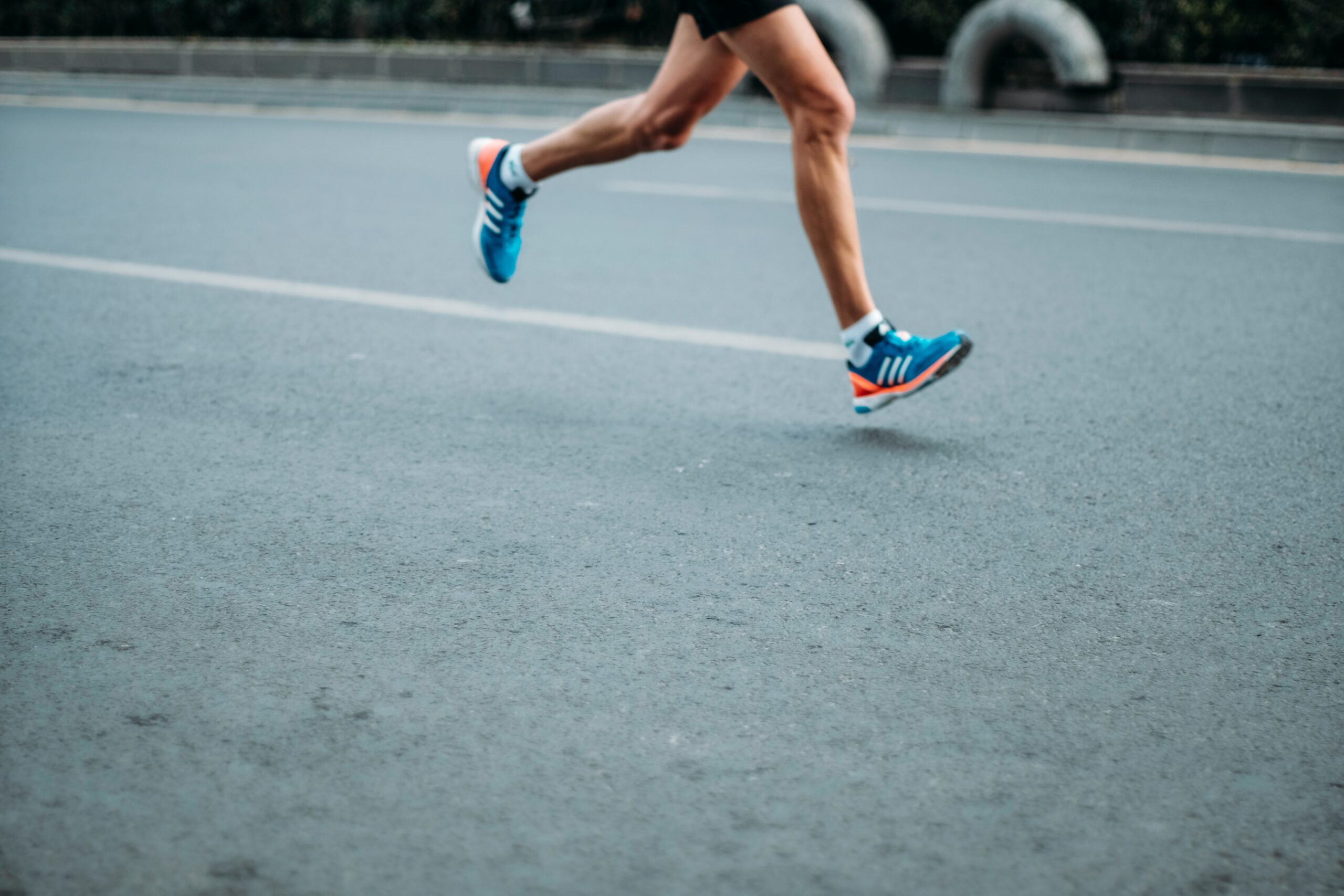Regarding enhancing your jogging performance, what you drink plays a crucial role. Hydration is critical, but choosing the suitable beverages can take your speed to the next level. This informative blog post will probe into the best drinks to fuel your runs and help you achieve your speed goals. From pre-run fuel to post-run recovery, the right beverages can significantly impact your jogging performance. Let’s explore the optimal options to keep you hydrated, energised, and ready to conquer your runs with maximum speed.
Key Takeaways:
- Water is imperative: Staying hydrated with water is crucial for optimal jogging performance.
- Caffeine for a boost: Consuming caffeine before a run can improve speed and endurance.
- Sports drinks for longer runs: Electrolyte-rich sports drinks can help replenish lost nutrients during longer jogging sessions.
- Be cautious with sugary drinks: Sugary beverages may provide quick energy but can lead to a crash later on.
- Listen to your body: Experiment with different drinks to see what works best for your body and running performance.
Essential Hydration for Joggers
Understanding Fluid Needs Before, During, and After Jogging
Proper hydration is crucial for joggers to maintain optimal performance and prevent dehydration. Before a run, it is vital to drink enough water to ensure you start hydrated. During jogging, you should drink fluids regularly to replace lost fluids through sweat. After your run, it is essential to continue hydrating to aid recovery and replenish lost fluids.
Water vs. Sports Drinks: Selecting the Best Hydration Options
WhChoosing between water and sports drinks depends on the duration and intensity of your run. Water is generally the best option for shorter runs, while sports drinks can be beneficial for longer runs or intense training sessions lasting over an hour. Sports drinks contain electrolytes and carbohydrates that can help replace lost nutrients and fuel your muscles during prolonged exercise.
Nutritional Strategies for Speed Improvement
Macronutrients: Carbs, Proteins, and Fats for Joggers
Macronutrients play a crucial role in providing energy and supporting muscle function for joggers aiming to improve their speed. Carbohydrates are the primary fuel source for aerobic exercise, including jogging, providing readily available energy. Proteins are crucial for muscle repair and recovery, aiding in strength development. Healthy fats support overall health and can be a secondary source of energy during prolonged runs. Balancing these macronutrients is key to enhancing performance and speed.
Micronutrients and Electrolytes: Their Role in Speed and Endurance
Micronutrients and electrolytes are vital for maintaining optimal performance and endurance during jogging sessions. Micronutrients such as vitamin C, iron, and magnesium play roles in energy production, oxygen transport, and muscle function. Electrolytes like sodium and potassium help regulate fluid balance, muscle contractions, and nerve function. Ensuring adequate intake of these micronutrients and electrolytes can prevent fatigue, cramping, and improve overall speed and endurance.
Timing Your Intake for Peak Performance
Pre-Run Hydration and Nutrition Tips
Before hitting the track or trail, it’s crucial to properly hydrate and fuel your body for optimal performance. Aim to drink around 500ml of water 2 hours before your run to ensure you’re adequately hydrated. Additionally, opt for a light snack with a good balance of carbohydrates and protein, such as a banana with a handful of nuts, to provide the energy your muscles need to perform at their best.
- Drink 500ml of water 2 hours before your run
- Consume a light snack with carbs and protein
- Avoid heavy, greasy meals that can cause discomfort
Assume that proper pre-run hydration and nutrition will set the foundation for a successful run and help prevent fatigue and cramping.
In-Run Hydration Techniques to Maintain Speed
To sustain your speed and energy levels during a run, it’s important to implement effective hydration strategies on the go. Consider carrying a handheld water bottle for quick sips throughout your run, or plan your route to pass by water fountains for regular hydration breaks. Electrolyte drinks or gels can also help replenish vital minerals lost through sweat and keep you feeling strong and energised.
It’s crucial to listen to your body’s signals and adjust your hydration plan accordingly to avoid dehydration and maintain peak performance throughout your run.
Special Considerations
Seasonal Changes and their Impact on Hydration
As the seasons change, it’s important to be mindful of how this can affect your hydration needs while jogging. In hotter weather, you may sweat more and therefore lose more fluid, leading to an increased risk of dehydration. On the other hand, in colder weather, you may not feel as thirsty but can still be losing fluids through respiration. Be sure to adjust your fluid intake accordingly and listen to your body’s signals to prevent dehydration or overhydration.
Adjusting Fluid Intake for Distance and Intensity
When planning your jogging sessions, it’s vital to consider the distance and intensity of your workout in relation to your fluid intake. For shorter, less intense runs, you may not need as much fluid as you would for longer, more strenuous sessions. It’s important to strike a balance between staying hydrated and not overloading your system with fluids, which can lead to discomfort or even hyponatremia. Pay attention to your body’s needs and adjust your fluid intake accordingly to optimise your performance and prevent potential health issues.
Jogging and Nutrition – What to Drink for Speed
Choosing the right beverages for your jogging sessions can significantly impact your speed and performance. Water should always be the primary choice to stay hydrated, but for longer runs or high-intensity workouts, electrolyte sports drinks can provide the necessary fuel and hydration. Coffee can also be a beneficial pre-run drink to boost energy levels and improve endurance. However, it is imperative to avoid sugary sodas and excessive caffeine, as they can lead to dehydration and hinder your performance. By making informed choices about what to drink before, during, and after your jog, you can enhance your speed, endurance, and overall running experience.
To wrap things up, staying properly hydrated with the right beverages is key to improving your jogging speed. Water, electrolyte sports drinks, and coffee can all play a role in boosting your performance, depending on the length and intensity of your run. Make sure to choose your drinks wisely to maximise your speed and efficiency while jogging.
FAQ
Q: Why is nutrition important for jogging?
A: Nutrition plays a crucial role in jogging as it provides the necessary energy for your runs, aids in muscle recovery, and helps maintain overall health and performance. It also ensures that you are properly hydrated and replenish key nutrients lost during exercise.
Q: What are some ideal drinks for speed during jogging?
A: Hydration is key for speed during jogging. Opt for water to stay hydrated and electrolyte-rich drinks such as sports drinks or coconut water to help replace lost minerals during intense runs. Avoid sugary beverages that can cause energy crashes.
Q: How does dehydration affect jogging performance?
A: Dehydration can significantly impact jogging performance as it leads to decreased energy levels, muscle cramps, and fatigue. It can also hinder recovery post-run and increase the risk of heat-related illnesses. Staying well-hydrated is necessary for optimal performance.
Q: When is the best time to hydrate before a jogging session?
A: It is recommended to hydrate well before your jogging session. Aim to drink around 500ml of water 2-3 hours before you run, and another 150-250ml 10-20 minutes before you start. This will ensure that your body is adequately hydrated for optimal performance.
Q: Are there any drinks to avoid before jogging for speed?
A: Yes, certain drinks should be avoided before jogging for speed. Steer clear of caffeinated beverages like coffee or energy drinks, as they can act as diuretics and lead to dehydration. Also, avoid alcoholic beverages, which can impair coordination and increase the risk of injury.






